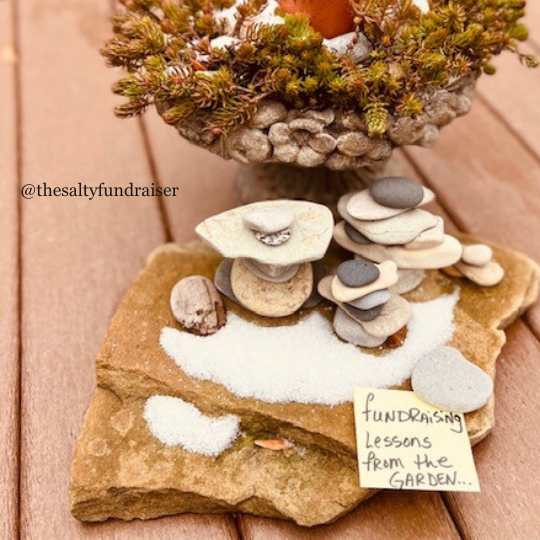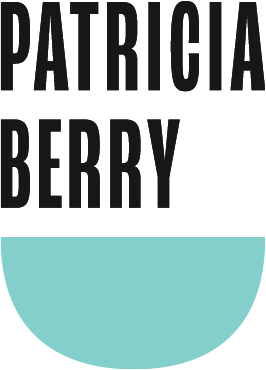As we head toward the winter solstice and the changing of the calendar year, I find myself thinking deeply about the garden. Now is the time to preserve what the garden yielded in a season of growth to help carry us through the retreat of winter. The dimming of the light invites us to observe and reflect on what thrived this year. This is how I approach fundraising too. There are no emergencies in an ecosystem approach to fundraising. I am now a coach, consultant, and learning partner with a broad scope of individuals and organizations seeking to grow their mission through fundraising. My background in fundraising was honed through working for 25+ years practicing at $Billion + fundraising institutions on large, energetic campaigns, mostly in NYC at places like Columbia University. I left that practice when I realized that I no longer wanted to fundraise in “emergency” mode. The never-ending campaign grind didn’t result in sustainable, community-centered growth for these organizations, or truthfully for me as a fundraising professional and human. Campaign grind churned through staff & donors, but the organizations I worked with were large enough that there was always another group of checkbooks and employees to plunder and discard. I left to create my own coaching practice because the analytics showed that fundraising in relationship, in community, was where staff, donors and organizations thrived for the long haul through consistent and incremental growth. I am a fundraising consultant and coach with a mission of helping organizations and individuals develop an approach to fundraising that fits with their values and their style. One of the core values of my mission is thinking about how to build healthy, sustainable communities. I like to think about how communities come together or fall apart through the compassionate and generous exchange of wealth. And a lot of that gets played out in fundraising. How do we ask for money in a loving way? How do we create healthy boundaries when sharing wealth? And how do we create a community that’s flourishing for our organizations and our work? This shows up for me in clients all across the board. Many of my clients are in fundraising; executive directors, board members, front-line fundraisers. But I also work with people working in politics and thinking about both fundraising and vote getting as a method of gift exchange. One of the things that I get asked a lot this time of year is; what should I be doing at the end of the year? and How do I compare to other nonprofits? When you get into a mode of “what should I be doing?” I encourage my clients to first reflect. Are you building practices that are based on a year-long consistent engagement with your donors? When you are doing sustainable, ecosystem growth fundraising, there should be no sense of “emergency”. It seems like we as fundraisers have gotten into this traditional method of fundraising that’s very much about emergency. It’s about creating a campaign in a sense of urgency because I need to do X, Y, or Z, when in reality you can build a very solid fundraising business, fundraising organization, fundraising practice off of not having emergencies, but rather having relationships. Relationships can deepen and connect at any time of the year. Yes, you need a thoughtful, year-long strategy of connection, solicitation and stewardship, but if you are doing the work of relationship all year long, this journey into fall and winter can be about things other than a calendar driven financial ask. With thoughtful, long-term fundraising practices, there are no missed opportunities, because a relationship, just like a healthy root system, is always ready to be activated when the conditions and the seasons are ready for growth. Our work, when it is at its best and most thoughtful, is an ecosystem, not a hothouse flower. Peace friends, it’s hard work that we do every day to make our missions possible. Make sure that this season of your practice also includes rest, gratitude, and celebration. That is our work, too.
If your fundraising practice was a garden. . . .
November 18, 2022/

